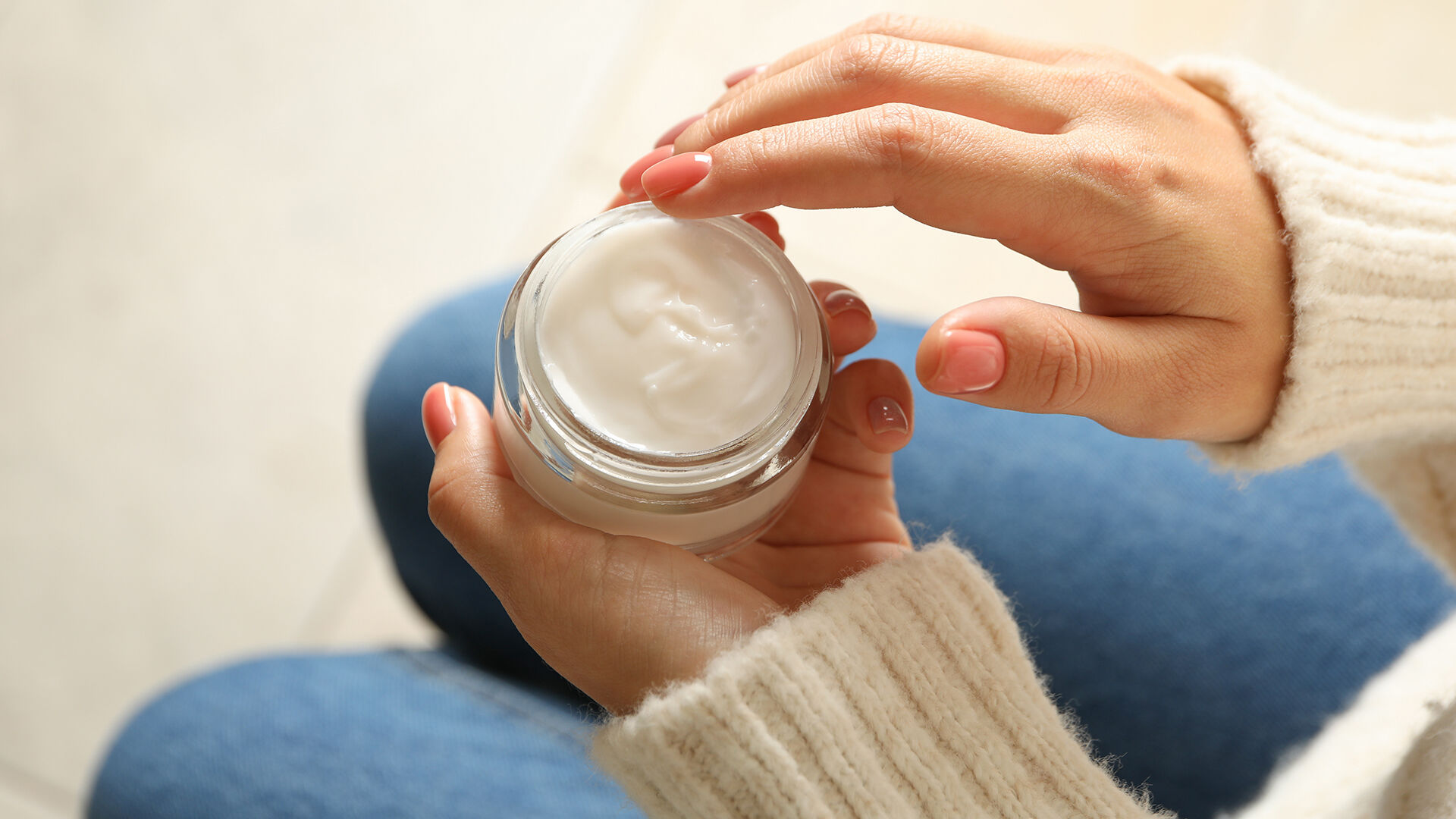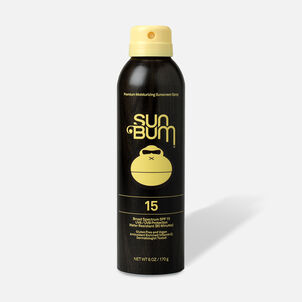Want to have healthier winter skin? Between the frigid, windy air outdoors and the dry heat surging through your home's heating system, it's no wonder that millions of Americans contend with dry skin issues all winter long.
Cracked hands, peeling skin and chapped lips are commonplace during the cold weather months, and can exacerbate existing skin conditions like eczema. To treat them you'll have to give your skin care regimen a major upgrade for the new season.
Here are a few ways to get started on healthier winter skin from the experts at HSAstore.com:

Install a humidifier at home
A home's ideal relative humidity level is between 40 and 60 percent, which can ensure that indoor air does not dry out the homeowners' skin, while not being high enough to risk moisture problems that can negatively affect a home's building materials over time. A humidifier will emit water mist to raise the moisture level in the air, and it is best utilized in frequently used spaces like bedrooms and living rooms to provide maximum benefits.
Note: humidifiers used to treat a medical condition may be eligible with an HSA, with a Letter of Medical Necessity. Humidifiers for general health/well being are not considered eligible.
Moisturize!
While your skin care routine may work just fine in the spring and summer, winter is the time of year where some improvements are called for. First, look for an oil-based moisturizer as opposed to a water-based moisturizer, as oil-based variants can provide an extra layer of protection on the skin that can stand up to dry air, the winter elements and can help to retain moisture in the skin. Most importantly, use only gentle, scent-free products to help your skin retain its natural oils, as scented products could be too harsh for dry skin.
The skin on your hands is much thinner than in other parts of the body, as well as containing less oil glands to moisturize the outer layers of the skin, which is why they tend to experience bouts of dryness more often. Start by always washing your hands with warm (not hot!) water to prevent the loss of natural oils, moisturizing often with lotion throughout the day and wearing gloves outdoors to protect your hands from wind and snow.
Change your bathroom habits
Everything from your morning shower to washing your face could have adverse effects on your skin, but not if you alter your regimen to suit the winter weather. First, shave or moisturize after you have exited the shower, as the warm water will moisturize the skin, soften the hairs and reduce irritation. When washing your face, always opt for warm water instead of hot, as this can dry out the skin and make it more susceptible to wind and cold. Last but not least, limit your shower times to 5 to 10 minutes, avoid soaps with heavy fragrances and use a moisturizer after exiting the shower.
Use SPF protection that moisturizes
The winter sun may be less strong than during the summer, but the persistent UV rays coupled with glare from the snowy landscape can still damage your skin throughout the season. If you're going to be outdoors for longer than a half hour, apply broad spectrum sunscreen or lip balm with an SPF 30 or above to safeguard your skin.
Check out: Aveeno Active Naturals Protect + Hydrate Sunscreen SPF 70 Lotion
.png)
















